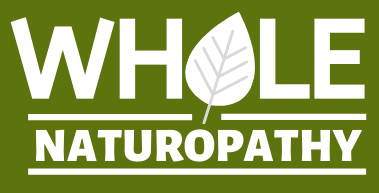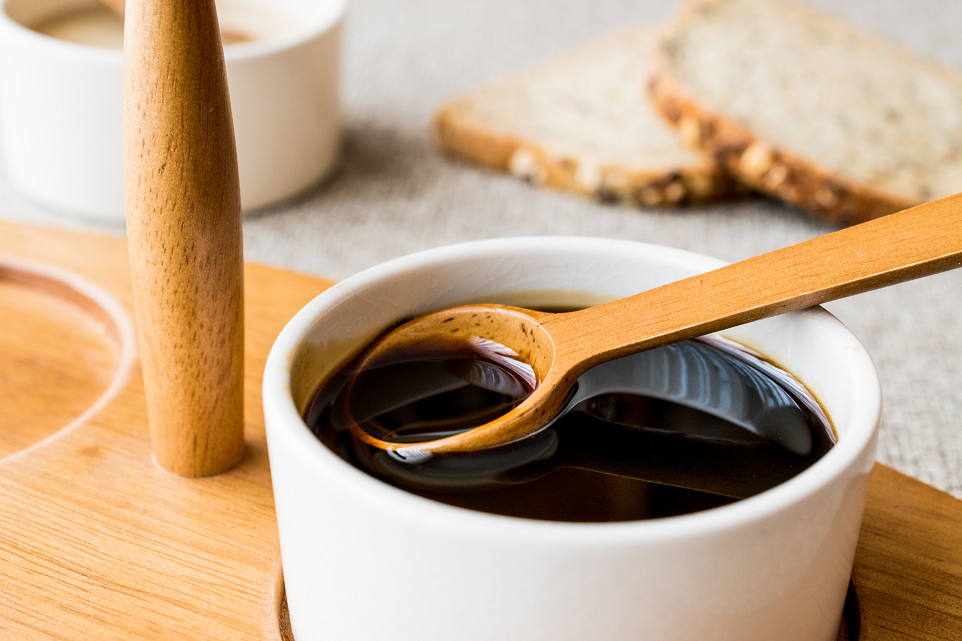How to lower your blood pressure
Hypertension (high blood pressure) is defined as consistently high arterial blood pressure: a systolic pressure of over 130mmHg or diastolic pressure of more than 90mmHg. It is a major risk for cardiovascular disease and is present in over one third of Australians. How does the pressure increase? Like water in a pipe, blood flows through your blood vessels: arteries and veins. When the blood vessels are narrow more pressure is required, and when the walls of the of the blood vessels are stiff, they don’t increase in diameter to allow for more pressure. This causes blood pressure to increase, rather than adjusting to these changes. What causes high blood pressure? Atherosclerosis (arterial plaque build-up) is the main cause of hypertension, but it is also caused by other factors such...












